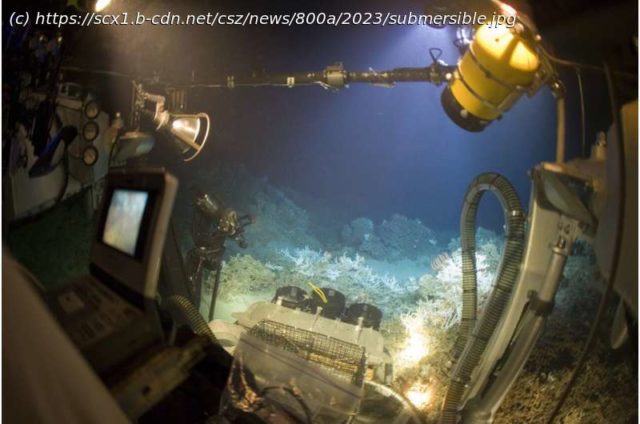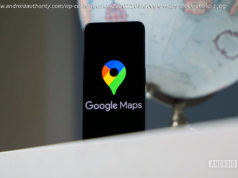The world has watched in shock as rescue crews feverishly search for the Titan submersible vehicle, which disappeared while attempting to take tourists to view the wreckage of the Titanic in the North Atlantic.
The world has watched in shock as rescue crews feverishly search for the Titan submersible vehicle, which disappeared while attempting to take tourists to view the wreckage of the Titanic in the North Atlantic.
The horror of the incident raises questions as to why people engage in risky tourism activities in remote locations and whether there should be more restrictions to what adrenaline-seeking tourists can do.
This type of travel, known as “frontier tourism”, is becoming big business.
The wider adventure tourism industry is already worth billions of dollars—and is growing quickly. Frontier tourism is an exclusive and extreme form of adventure travel. The trips are very expensive, aim to overstimulate the senses and go to the outer limits of our planet—the deep oceans, high mountains, polar areas—and even space.
Frontier tourism is not new; humans have explored remote locations for millennia. Pasifika people used the stars to navigate the oceans for migration and trade. Europeans sailed to the edges of what they believed to be a flat Earth.
In recent years, however, frontier tourism has attracted widespread attention thanks to the common occurrence of long queues on Mount Everest, the trending TikTok phenomenon of crossing the #DrakePassage in Antarctica and the rapid development of space tourism for the wealthy.
The rise of travel content sharing on social media and revenge travel following COVID-19 have contributed to the surge in its popularity.
Risky activities release chemicals in the brain that can be addictive. Research suggests engaging in risky tourism activities, such as scaling a high mountain, can bring about feelings of accomplishment and euphoria. Travelers report feeling alive and experiencing a sense of transformation.
Some are also attracted to the pristine, untouched and remote aspects of the locations that they visit.






